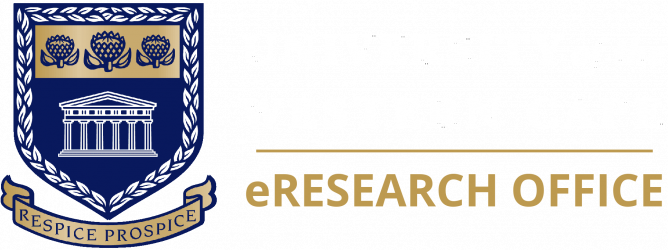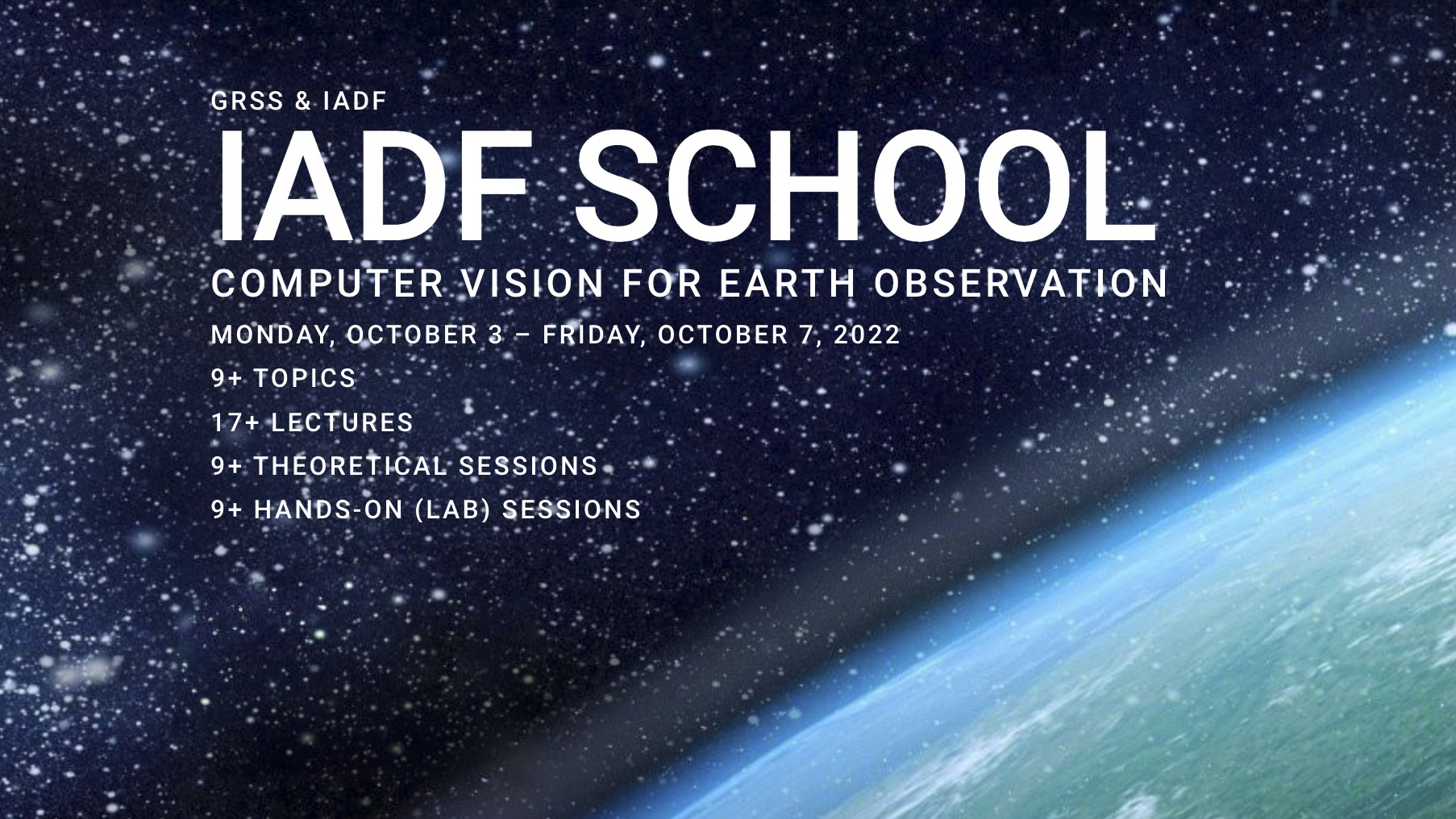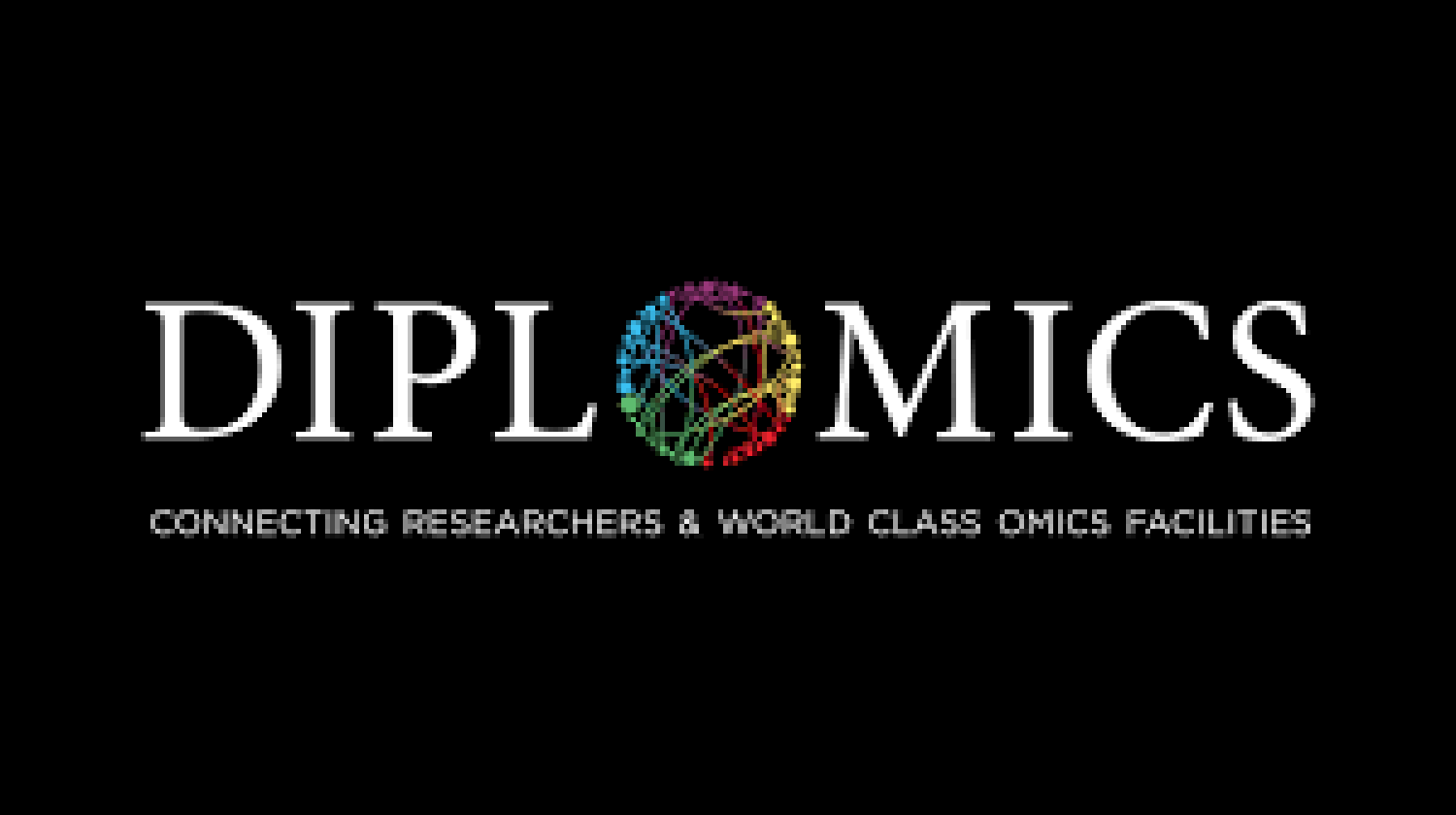Registration has opened for the Coding Summer School (CSS) 2024.
This is a joint effort between the Centre for High Performance Computing (CHPC) of the Council of Scientific and Industrial Research (CSIR) and the National Institute for Theoretical Computational Science (NITheCS) aimed at training researchers across South Africa and Southern Africa in the fundamentals of programming, data science, HPC, and computational sciences.
The CSS will take the format of a hybrid event where participants will be required to attend specific universities and research locations. The University of the Western Cape will be one of these locations for the CSS, taking place from Monday 29 January 2024 until Friday 9 February 2024.
Eligible Applicants:
The CSS is aimed at postgraduate students and researchers in STEM fields focusing on the fields of astronomy, biology, computer science, chemistry, engineering, mathematics, medical, and physics.
Format:
- Lectures/tutorials occur Monday to Friday
- Lecture/tutorial times: 10:00 - 16:00 with breaks each day
- Notes, quizzes, and assignments provided
- Certificates awarded to qualifying students
Week 1:
Participants will learn the fundamentals of Python and data science which will allow them to analyze and manipulate various datasets. They will also be introduced to Linux and Bash in order to learn HPC skills.
Week 2:
In week two, participants are exposed to Python applications, covering machine learning, probability & statistics, and various domain specific topics.
How To Apply:
For more information and if you wish to attend the CSS, kindly follow the link below to register:
https://events.chpc.ac.za/event/120/
Space is limited at the various locations so make sure to register soon to book your place.
There are representatives from each university and some research institutes, known as champions. For any further queries and logistics @UWC, contact fisingizwe@uwc.ac.za
For general inquiries please contact: training.chpc@csir.co.za



